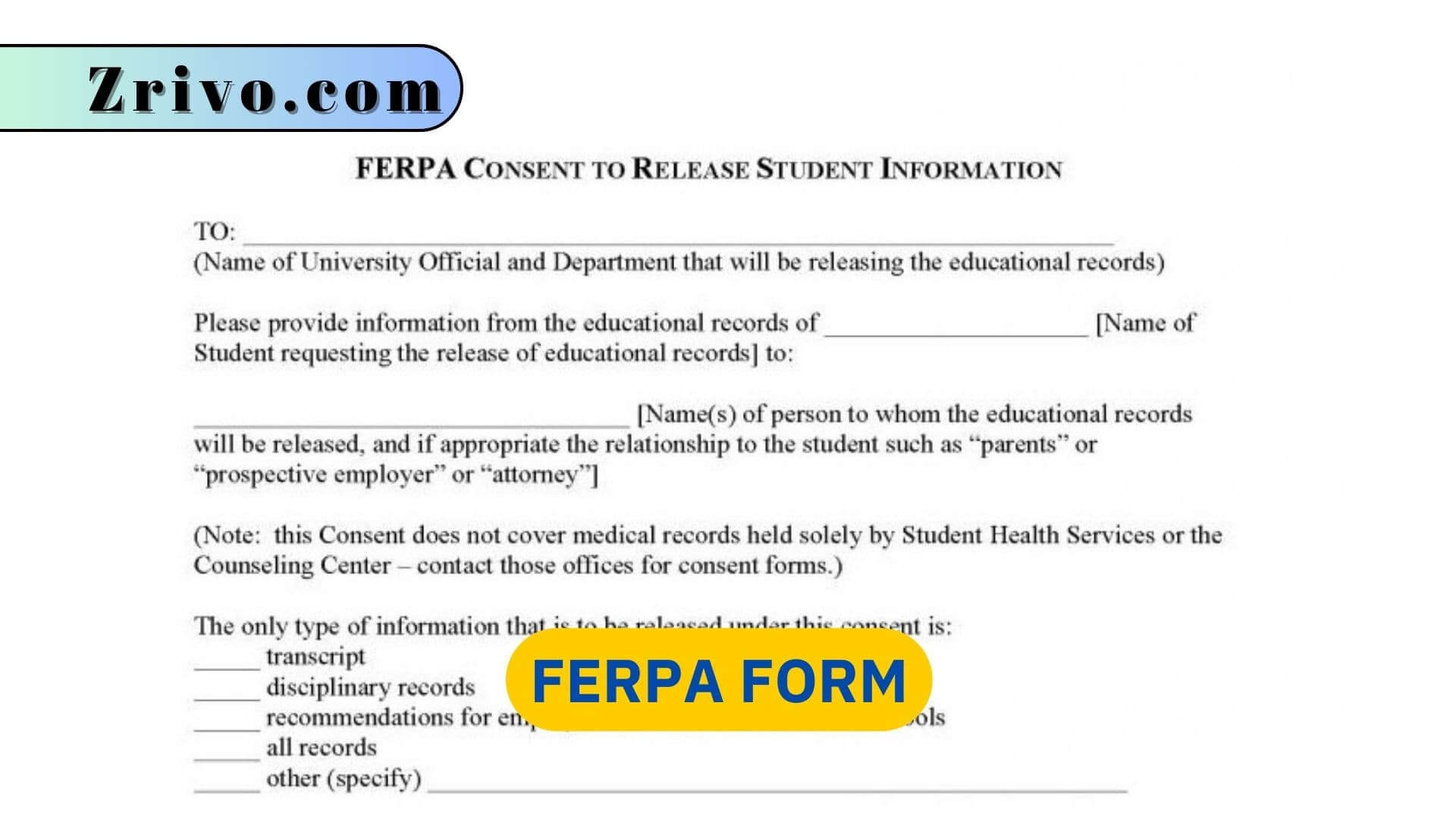
The Family Education Rights and Privacy Act of 1974, or FERPA, is a federal law that protects students’ private educational records. Under this law, colleges cannot disclose any information from a student’s record to anyone outside of the institution without their explicit consent. Students have the right to request that their records be made available and may file a written Authorization to Release Information form (pdf) to give permission to someone to view academic and financial data. A completed form will remain in effect until revoked by the student.
However, FERPA allows for certain information to be released without student consent, called “directory information.” Directory information includes a student’s name, contact information, date and place of birth, major and class year, honors and awards, and date of attendance. Schools are required to tell parents and eligible students about the category of directory information that will be released and allow them a reasonable amount of time to ask for directory information not to be disclosed.
Some FERPA concerns arise when a professor turns in a student paper to a plagiarism detection service, for example. The plagiarism service is an outside party; therefore, the paper becomes part of the student’s educational record. Thus, a FERPA form would need to be completed by the student and the faculty member before the paper could be released.

Who Must File FERPA Form?
Students can give consent to release information to a third party by completing a FERPA form in their Student Dashboard. They can access the form by clicking the Profile tile and then choosing FERPA 3rd Party Release from the drop-down menu. Once the form is completed, it will be saved in their record. The information in the form can be viewed by anyone who has access to the Student Dashboard. This includes parents, guardians, and other family members. It can also be used by college representatives, such as advisors, to discuss the student’s academic progress with them. Students can revoke their permission to release information at any time by submitting a written request to the Office of the Registrar.
In most cases, the student must be present to give consent in person. However, if the student is unable to do so, they can submit their request by signing it in the presence of an authorized official, such as a notary or an attorney. Generally, a student’s academic records are kept confidential by law. Even if a student is enrolled at both a high school and a university, they will not have rights under FERPA to their high school records but may have them released for dual credit purposes with their dual credit program coordinators or officials. A student can authorize these people to have access to their education record by completing the FERPA form in their Student Dashboard.